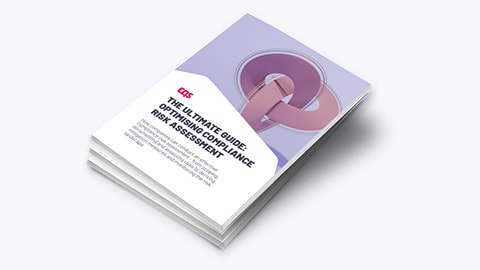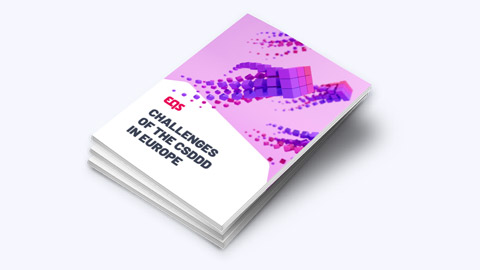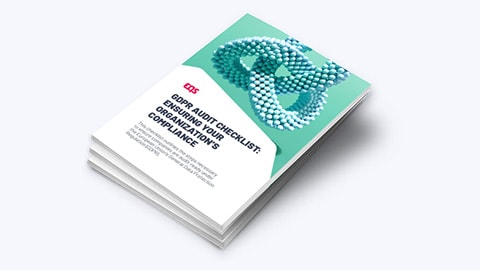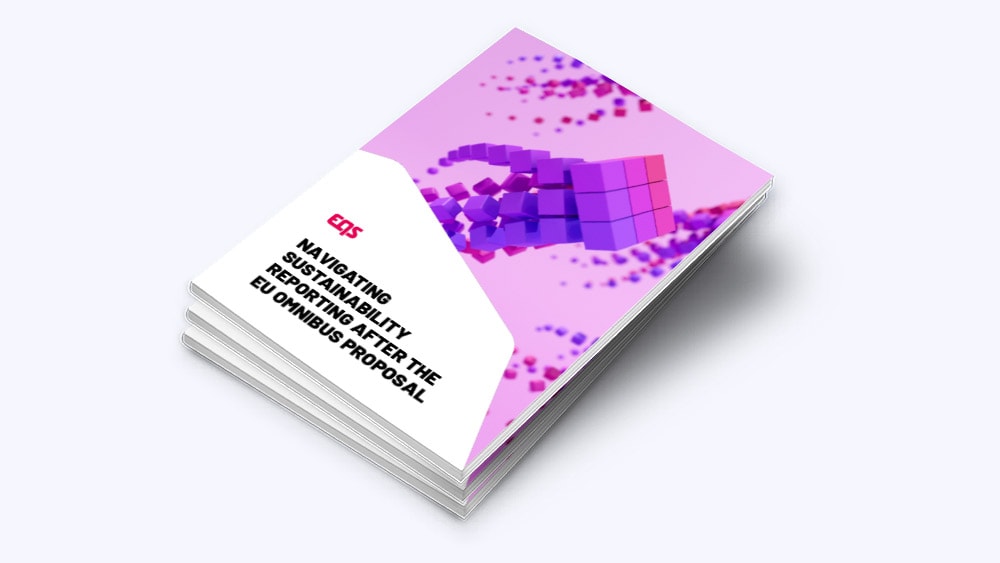What does Ethics have to do with Compliance?
While Ethics & Compliance are two very different disciplines, they are actually closely aligned. This article explores what’s driving the two fields together.

If you attended last year’s inaugural European Compliance & Ethics Conference (ECEC) — and if you didn’t, where were you? — then, you’ll be well aware of the growing trend of aligning Ethics & Compliance. On the face of it, they’re very different disciplines – after all, to use a very loose comparator, we wouldn’t generally think of priests and police officers as fulfilling the same role. So what’s driving these two fields together?
The simple answer is that both are the business of influencing human decision-making. You can’t tell your organisation to be ethical or compliant and expect it to respond – it’s the people within it that will determine whether or not that’s the case.
How regulation addresses ethical issues
A more sophisticated answer is that there’s a huge subject matter overlap between the two disciplines — you can’t consider one without considering the other. In part because an increasing number of regulations address ethical issues. Regulators aren’t just looking at ‘what’ companies do; in many cases, they’re looking at the ‘how’ as well. Some industries even have regulators that specifically focus on this. Financial Services, for example, has ‘conduct’ regulators’ that focus on areas like consumer protection and orderly markets. They’re not called ‘ethics regulators’, but the list of areas they focus on have ethical components.
This trend is likely to continue. If you’re operating in a regulated industry, it means that the activity you’re engaged in has some form of societal impact that is significant enough to require regulation. In other words, there are seriously undesirable consequences from a failure to conduct business in a particular way. While some regulators will mainly focus on delivering a service or product – food safety, for example – others will be concerned about continuity of supply. We know what happens when banks or utilities fail in a disorderly manner. That has led, and will lead to, an increasing regulatory focus on sustainability — in simple terms, does the regulated company have a sustainable business model?
Today’s ethical issues are likely to become tomorrow’s rules
With the internet facilitating both transparency and citizen activism, the risks of unethical behaviour being exposed and having negative business consequences are more significant than ever. Even those regulators who don’t have a conduct-type mandate are likely to be keeping an eye on this. Where the regulatory gaze lands, rules tend to follow — today’s ethical issues are likely to become tomorrow’s rules.
The ethical aspect of corporate compliance
As well as external factors, it’s also worth remembering that how your company discharges Compliance also has an ethical component. Consider the question of how you encourage your employees to be compliant – are you implementing the ‘letter of the law’, or do you also consider the ‘spirit’ of the rules? What happens when there’s a mismatch between what regulation requires and the risk tolerance your company has? When regulation is stricter than you’d otherwise like, you don’t have a choice. But what about when the law allows you to go further than you would? Do you take the view that “just because you can, doesn’t mean you should”, or do you push your activity to the limits of the law? What about regulations that don’t (yet) exist but probably should – do you proactively behave as if they do, or do you reactively wait until they exist? I’m not suggesting you have to “front-run” or “gold plate” every regulation. After all, sometimes the rules make little or no sense. But the approach you adopt to thinking about this unavoidably ends up having an ethical element.
Summing up
So while Ethics and Compliance might sound like different things, they’re actually closely aligned. Think about how you’ve reacted to the COVID-19 rules imposed in your country. Of course, you’ve diligently followed the rules at all times. But you’ve also thought about whether you think those rules are proportionate and whether you trust the authority imposing them. And, maybe, just maybe, when you’ve bent the rules, you’ve found yourself justifying it. If so, that justification is highly likely to contain an ethical element. Because when it comes to complying with rules, ethics is never far away from our minds.
Good news then, for the organisers of ECEC 2021, who can rest assured that there’s a good reason for covering both topics.

Dieser Leitfaden erklärt übersichtlich, wie Sie erfolgreich eine Analyse der Compliance-Risiken in Ihrem Unternehmen durchführen





